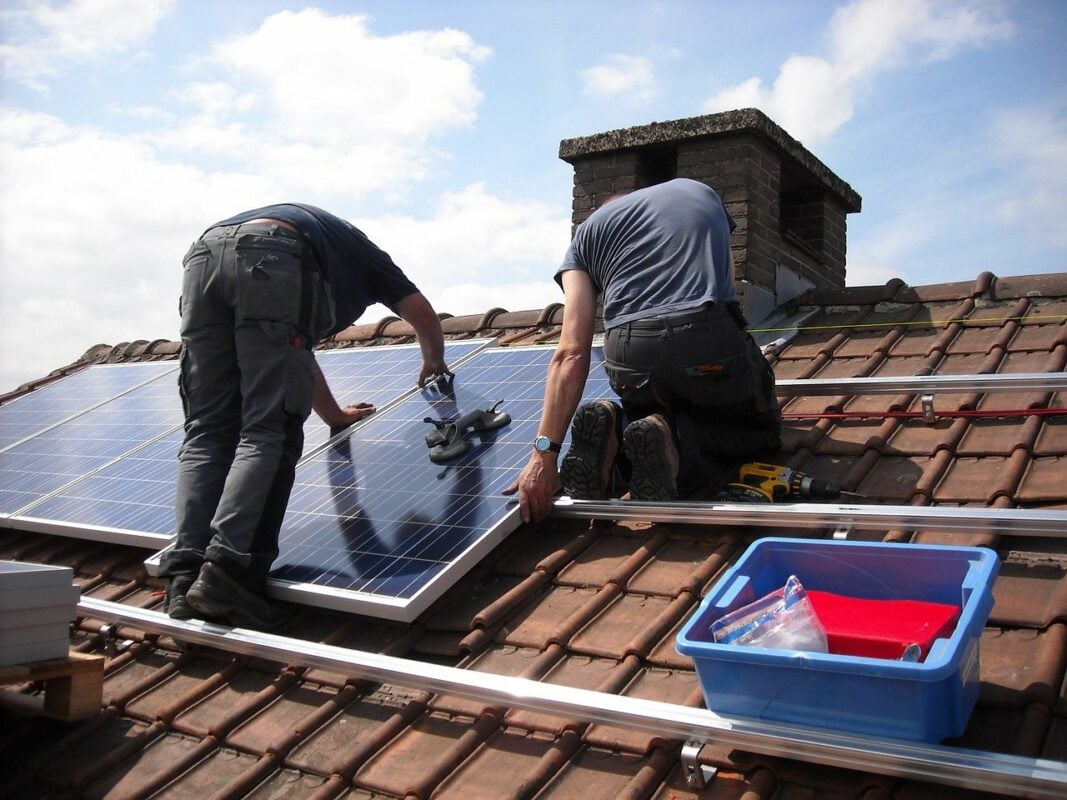
CME’s report found that consumers are facing difficulties causing concerns about complexity and a lack of information around buying solar PV. Image: Pixabay.
A new report by the Competition and Markets Authority (CMA) has found that customers looking to purchase green domestic heating technologies – such as solar photovoltaic (PV) are “not always treated fairly by businesses.”
As more people look to decarbonise the heating in their home through renewable technologies such as heat pumps and solar panels, CME’s report found that consumers are facing difficulties causing concerns about complexity and a lack of information.
The key areas of concern reported by the CMA’s report are:
Some Businesses acting unfairly
- Respondents reported receiving misleading claims from businesses about the cost savings or environmental benefits.
- Boilers marketed as ‘Hydrogen-blend’ or ‘Hydrogen-ready’ risk greenwashing buyers into believing these products are more environmentally friendly than is accurate – namely as they emit the same amount of carbon as regular boilers due to hydrogen fuel being currently unavailable for domestic heating.
Product information difficult to find and understand
- People reported often not knowing where to start to get the information they need when buying a green heating product.
- Unnecessarily complicated information was also noted for putting off customers from buying green heating products or else causing them to install the wrong systems for their homes.
Quality assurance schemes not as effective as they could be
- The sheer number of quality assurance schemes which vary in level and robustness of protections confuses buyers, leading some people to risk missing out on or having less protection than others.
The CMA has published a consumer guide for people looking to buy green heating technologies as well as a set of good practise principles for quality assurance schemes.
“We want people to have confidence when they buy green heating technologies and home insulation. It’s essential they get what they paid for and that energy efficiency and sustainability claims are fair and accurate,” said George Lusy, senior director for consumer protection at the CMA.
“While many businesses will be operating in the best interests of their customers, some businesses appear to be misleading people into buying their products. This needs to stop.
“We will now be exploring these concerns further – including whether to take enforcement action.”
Following the publication of the report, the CMA has said it will take a deeper look into misleading claims and working with businesses, trade bodies and other stakeholders.

